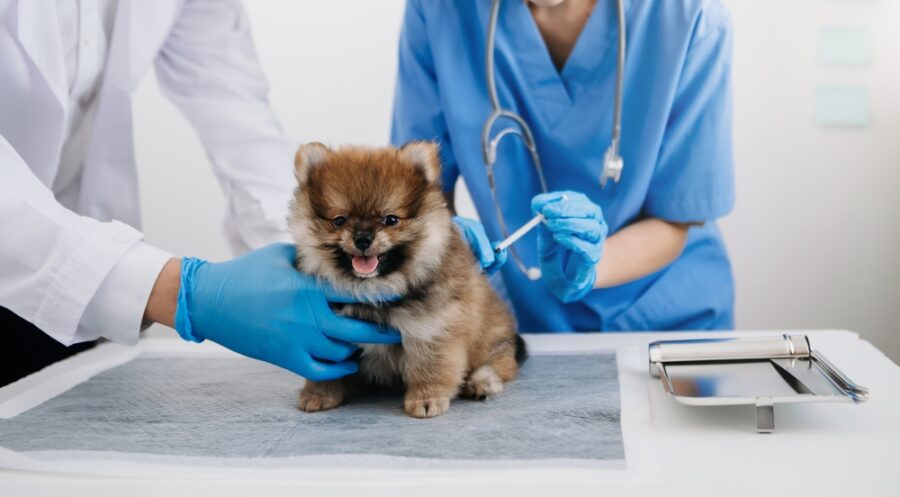Wise vaccination protocols should be established.
Vaccination hesitancy has been a growing concern in human populations, but what about the furry beings? A recent national survey conducted in the United States reveals public opinion regarding the vaccination status of dogs and cats, uncovering the interconnectedness of pet and human vaccine hesitancy.
An Attempt to Understand Pet Vaccination Hesitancy
The survey, conducted with a robust sample size of 3,958 respondents, aimed to assess the vaccination status of both dogs and cats for various diseases, including rabies, canine parvovirus, canine distemper, canine influenza, and Lyme disease for dogs, and rabies, feline panleukopenia (parvo), feline herpesvirus-1, feline chlamydia, and feline Bordetella for cats.
A surprising finding was that while the majority of pets were found to be vaccinated, a notable percentage, particularly among cats and for non-core vaccines, were unvaccinated.
Human and Pet Vaccine Hesitancy Connection
The study showed a strong correlation between attitudinal measures of human and pet vaccine hesitancy. It appears that the sentiments surrounding vaccines, whether for humans or pets, are closely intertwined. This interconnectedness can be extended for predicting pro or anti-vaccine behaviors.
Political Polarization and Pet Vaccinations
Unlike human vaccine hesitancy, which has been known to be politically polarizing, the survey suggests that pet vaccinations may be less influenced by political affiliations. This is a promising sign, indicating that the well-being of our furry friends may be a common ground that transcends political divides.
The study findings also reveal that vaccination hesitancy has not yet reached those levels in pets that are currently present in humans, particularly for those vaccines outside the standard childhood vaccination schedule like the flu or COVID-19 shots.
The survey not only uncovers the current status of pet vaccinations but also highlights the parallels between human and pet vaccine hesitancy. The findings reinforce the importance of formulating wise vaccination protocols and increasing the scale of awareness campaigns.







